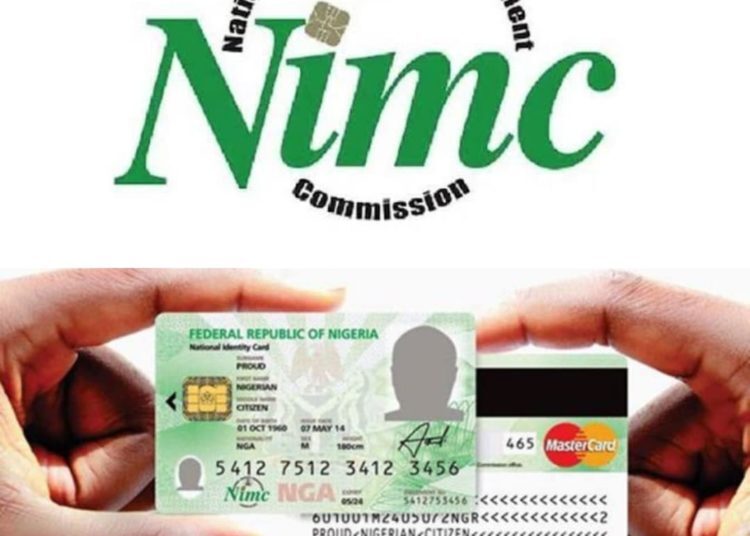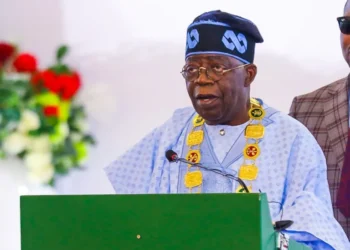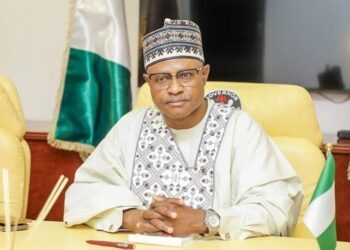Nigeria’s national digital identity campaign gained significant traction in March 2025, with the National Identification Number (NIN) enrolments reaching 118.4 million.
Recent data from the National Identity Management Commission (NIMC) indicates that one million Nigerians were added to the database last month, reflecting a renewed urgency in light of international funding and approaching targets.
This initiative is part of the World Bank-supported Digital Identity for National Development (ID4D) project, which aims to provide legal identities for all Nigerians. However, the country is still striving to meet its initial target of registering at least 148 million citizens by June 30, 2024, a deadline that has now been extended to June 30, 2026, due to a shortfall.
The total funding allocated for the ID4D initiative amounts to $430 million, provided by the World Bank, French Development Agency (AFD), and the European Investment Bank (EIB). The extension aims to facilitate the establishment of an inclusive and reliable digital ID system that enhances governance and access to public services.
Regionally, Lagos State leads in NIN registrations with 12.7 million enrolments, followed by Kano State with 10.4 million. Kaduna State ranks third with 6.9 million registrations.
Gender data from NIMC reveals that men dominate the enrolment figures, with 66.9 million (56.5%) registered, compared to 51.5 million women (43.5%).
Other states with notable NIN figures include Ogun (4.9 million), Oyo (4.5 million), Katsina (4 million), FCT (3.8 million), Rivers (3.5 million), Delta (3.2 million), and Jigawa (3.1 million).
Conversely, Bayelsa State has the lowest enrolment number at just 767,620, followed by other underperforming states such as Ebonyi (999,991), Ekiti (1.1 million), Cross River (1.4 million), and Taraba (1.7 million).
As the deadline approaches, authorities are under increasing pressure to enhance efforts, particularly in low-performing regions, to achieve universal digital identity coverage.









